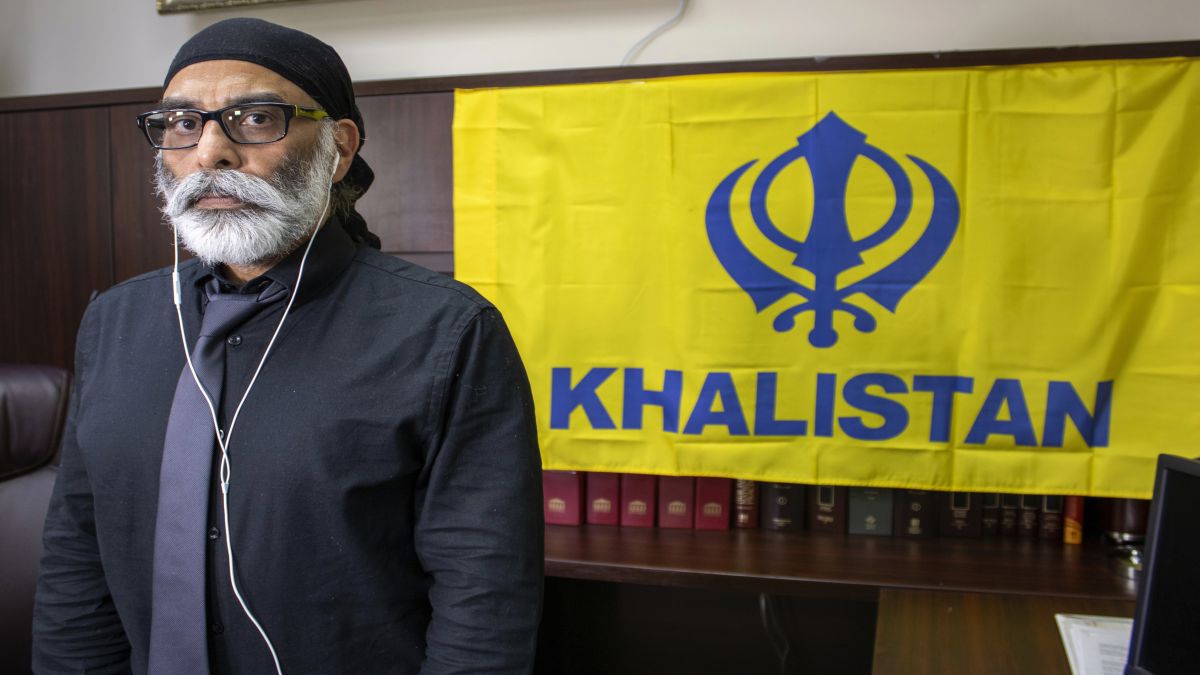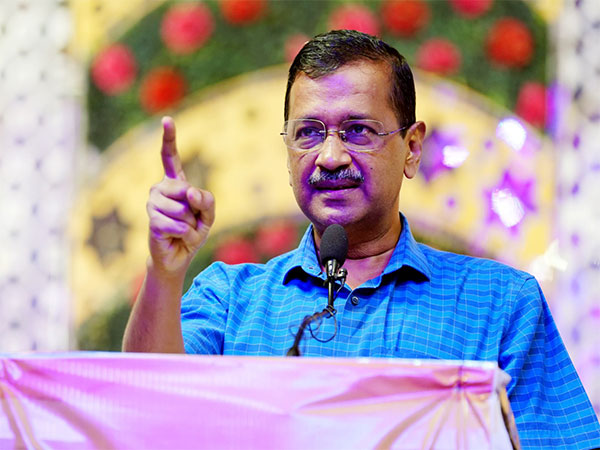
The India-Canada diplomatic row doesn’t seem to be going anywhere, with the Ministry of External Affairs (MEA) terming Prime Minister Justin Trudeau “cavalier” over his disastrous handling of the killing of Khalistan leader Hardeep Singh Nijjar in 2023. Ties went from bad to worse when Gurpatwant Singh Pannun , the chief of the Sikhs for Justice (SFJ) group, appeared on Canadian broadcaster CBC News and revealed that he had been communicating with Canadian Prime Minister’s Office for the last two to three years. He claimed that the SFJ provided the Canadian PMO with details regarding what he described as a spy network operated by Indian officials in Canada.
He specifically accused Indian High Commissioner Sanjay Verma and other diplomats of orchestrating operations that led to Hardeep Singh Nijjar’s assassination. Incidentally, Pannun’s organisation — SFJ — is banned in India for promoting Khalistani terrorist activities. Moreover, Pannun, himself, has been declared a terrorist in India.
But what is Pannun’s status in Canada? Is he a terrorist in the North American country? What are the rules to designate someone as a terror entity in Ottawa? How is terror entity defined in Canada? Canadian laws dictate that only entities can be listed as terrorists, but an entity can be a person, group, partnership, fund or unincorporated association or organisation. Canadian Criminal Code (R.S.
C., 1985, c. C-46) Part II.
1- Terrorism clearly defines what a terrorist group is and what constitutes a terror activity. As per the law, terrorist activity is defined as: -- an act or omission that is committed in or outside Canada -- unlawful seizure of an aircraft -- crimes against internationally protected persons -- Taking hostages -- Unlawful acts at airports and actions against the safety of maritime navigation -- Financing terrorism -- Any activity that is done for a political, religious or ideological purpose whose objective and cause is to intimidate the public with regard to its security, including its economic security, or compelling a person, a government or a domestic or an international organisation to do or to refrain from doing any act, whether the public or the person, government or organisation is inside or outside Canada -- In addition, actions that intentionally cause death or serious bodily harm to a person by the use of violence, endanger a person’s life, and cause a serious risk to the health or safety of the public or any segment of the public. In Canada, the law also states that an entity can be designated as a terrorist if it knowingly acted on behalf of, at the direction of or in association with an entity that has knowingly carried out, attempted to carry out, participated in or facilitated a terrorist activity.
Which entities are on Canada’s terror list? As per Canada’s government website, there are 78 entities on Canada’s terror list. These include Hamas, Boko Haram, Al Qaeda, Taliban, Lashkar-e-Taiba, Islamic State, Tehrik-e-Taliban Pakistan (TTP), The Proud Boys, Babbar Khalsa International (BKI) and the Hizbul Mujahideen. In June, Canada also designated the Islamic Revolutionary Guard Corps (IRGC) as a terror entity.
In its note explaining the same, it said that the profits earned by the IRGC are used to support the full range of illicit operations, including support for terrorism. On October 15, Canada also named Samidoun, known as the Palestinian Prisoner Solidarity Network, as a terrorist entity. The group made headlines last week when members chanted “death to Canada.
” According to a statement from Public Safety Canada, Samidoun has close links with and advances the interests of the Popular Front for the Liberation of Palestine (PFLP), which is a listed terrorist entity in Canada, the United States, and the European Union. “The listing of Samidoun as a terrorist entity under the Criminal Code sends a strong message that Canada will not tolerate this type of activity, and will do everything in its power to counter the ongoing threat to Canada’s national security and all people in Canada,” Public Safety Minister Dominic LeBlanc said. Does Pannun’s SFJ qualify to be listed? As of today, Gurpatwant Singh Pannun and his group, SFJ, are not listed as terror entities in Canada.
However, that’s not the case in India. On July 1, 2020, the Ministry of Home Affairs designated him as a terrorist . In its notification banning the SFJ under the Unlawful Activities (Prevention) Act, the MHA said: “SFJ is involved in anti-national and subversive activities in Punjab and elsewhere, intended to disrupt the sovereignty and territorial integrity of India.
” It added, “The SFJ is encouraging and aiding the activities for the secession of a part of the Indian territory from the Union of India and supporting separatist groups fighting for this purpose in India and elsewhere by indulging in activities and articulations intended to disrupt the sovereignty and territorial integrity of India.” However, going by Canada’s laws and stipulations, Pannun and the SFJ do qualify to be listed as a terror entity. The known Khalistani terrorist has admitted to putting up “kill posters” aimed at Indian diplomats serving in Canada, the UK and the US.
As per Canadian laws, one can be listed as a terror entity under this criterion. Last November, Pannun also issued a warning, asking Sikhs to boycott Air India flights. “We are asking the Sikh people not to fly via Air India on November 19.
There will be a global blockade. On November 19, don’t travel by Air India or your life will be in danger,” he said in the video, a mix of Punjabi and English. At the time, Canada’s Transport Minister, Pablo Rodriguez, said that his government took threats to aviation “extremely seriously”, adding that officials were “investigating recent threats circulating online”.
Moreover, Pannun has issued a public threat against Canadian MP Chandra Arya . The Khalistani terrorist called for Arya to be charged with treason, accusing him of acting as a mouthpiece for the Indian government and spreading disinformation about Khalistan supporters. This comes after the Canadian lawmaker expressed concern about the escalating violence targeting Hindus in Canada, which he directly linked to Khalistani extremism.
This is not the lone threat he has issued against Arya. Moreover, Pannun, as per Indian investigations, also has links to Babar Khalsa International, which is a terror entity in Canada. With inputs from agencies.










